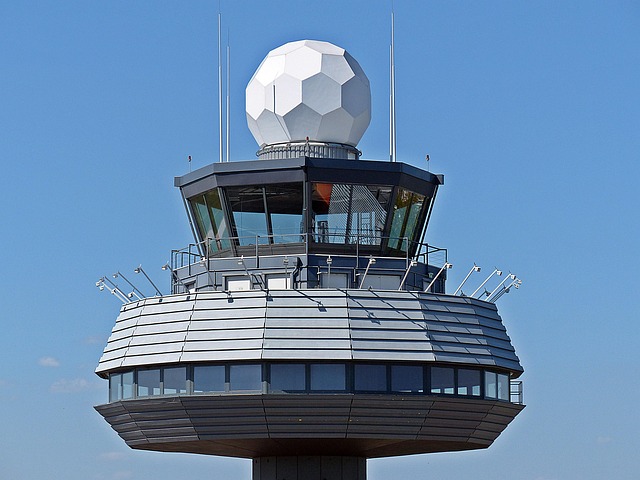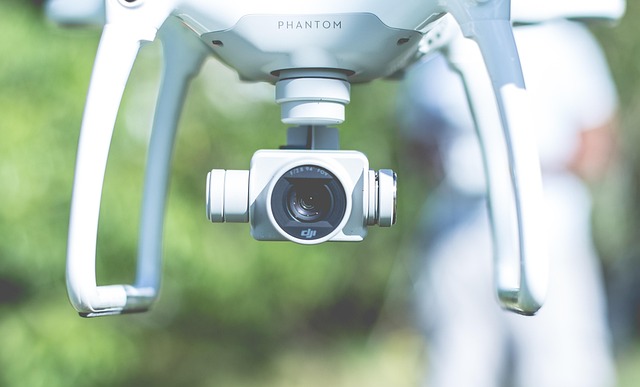Squirrel and pigeon exclusion is crucial for wildlife management in urban Denver. Pigeons pose health risks and property damage, while squirrels disrupt local ecosystems. Effective strategies include modifying habitats by addressing food sources and sealing entry points. Specialized bird control measures like UV reflective surfaces and acoustic devices deter pigeons. Regular inspections and proper ventilation further enhance squirrel-free environments, benefiting both commercial properties and the region's ecological balance in Denver.
In the bustling city of Denver, maintaining commercial properties free from unwanted visitors is a constant challenge. This article explores effective wildlife control strategies, specifically focusing on squirrel exclusion plans, with an emphasis on bird control measures for pigeons. Denver’s unique ecosystem presents specific issues regarding these pesky birds and their impact on buildings and the environment. Discover comprehensive solutions to implement a squirrel-free haven in this informative guide tailored to local commercial property owners.
- Understanding Squirrel Exclusion: A Comprehensive Guide for Denver's Commercial Properties
- The Impact of Pigeons on Buildings and the Environment
- Implementing Effective Wildlife Control: Strategies for a Squirrel-Free Denver
Understanding Squirrel Exclusion: A Comprehensive Guide for Denver's Commercial Properties

Squirrel exclusion is a critical component of wildlife management, especially for commercial properties in Denver. With an ever-growing urban landscape, these small mammals can easily find their way into buildings through various entry points. A comprehensive bird control strategy for pigeons and other squirrels becomes essential to maintain a safe, clean, and operational space. This guide aims to equip property managers with the knowledge needed to implement effective squirrel exclusion plans.
Understanding the behavior and habitat preferences of local wildlife is the first step in successful prevention. In Denver, squirrels are most commonly attracted to commercial buildings by food sources, such as bird feeders or trash cans, and suitable nesting sites like roof spaces and tree branches close to the structure. By modifying these attractions and sealing off potential entry points, businesses can significantly deter squirrel activity. Regular inspections and maintenance are key to identifying and sealing cracks, gaps, and other points of access, ensuring a long-term solution for bird control for pigeons on commercial buildings in Denver.
The Impact of Pigeons on Buildings and the Environment

Pigeons, while they may seem harmless, can cause significant damage to both commercial and residential buildings in Denver. Their acidic droppings etch away at surfaces, including brick, metal, and glass, leading to unsightly stains and potential structural integrity issues over time. Moreover, pigeons are known carriers of various diseases, such as salmonella, which can pose a serious health risk to humans and pets if contaminated materials aren’t promptly addressed.
Beyond the direct impact on buildings, pigeon infestations contribute to an overall environmental disturbance. Pigeons feed on seeds and grains stored in nearby areas, disrupting local ecosystems and agriculture. They also compete with native bird species for nesting sites, potentially leading to a decline in biodiversity. Effective bird control for pigeons on commercial buildings is therefore crucial not just for property preservation but also for maintaining the ecological balance of the region.
Implementing Effective Wildlife Control: Strategies for a Squirrel-Free Denver

In the vibrant city of Denver, keeping urban spaces squirrel-free is a priority, especially in commercial areas. Effective wildlife control goes beyond mere exclusion; it involves a strategic approach to deter and manage squirrels, ensuring a peaceful coexistence between humans and nature. One key strategy is implementing bird control measures for pigeons, which often serve as carriers for squirrel diseases. Commercial buildings in Denver can employ specialized bird control solutions, such as ultra-violet reflective surfaces or acoustic devices, to discourage pigeon roosting and nesting near structures.
By addressing the pigeon population, you indirectly mitigate potential health risks associated with squirrels. Additionally, regular inspections and maintenance of buildings are crucial. Sealing entry points and ensuring proper ventilation not only prevents squirrel intrusion but also improves energy efficiency. These combined efforts create an environment less appealing to squirrels, promoting a squirrel-free Denver while maintaining a balanced ecosystem.
In light of the above discussions, it’s clear that effective wildlife control, with a specific focus on squirrel exclusion and bird control for pigeons on commercial buildings in Denver, is not only feasible but essential. By implementing strategic plans outlined in this article—from understanding squirrel behavior to employing eco-friendly control methods—business owners can ensure their properties remain damage-free and safe. Collaborative efforts between professionals and property managers will foster a squirrel-free Denver environment, benefiting both commercial aesthetics and ecological balance.
